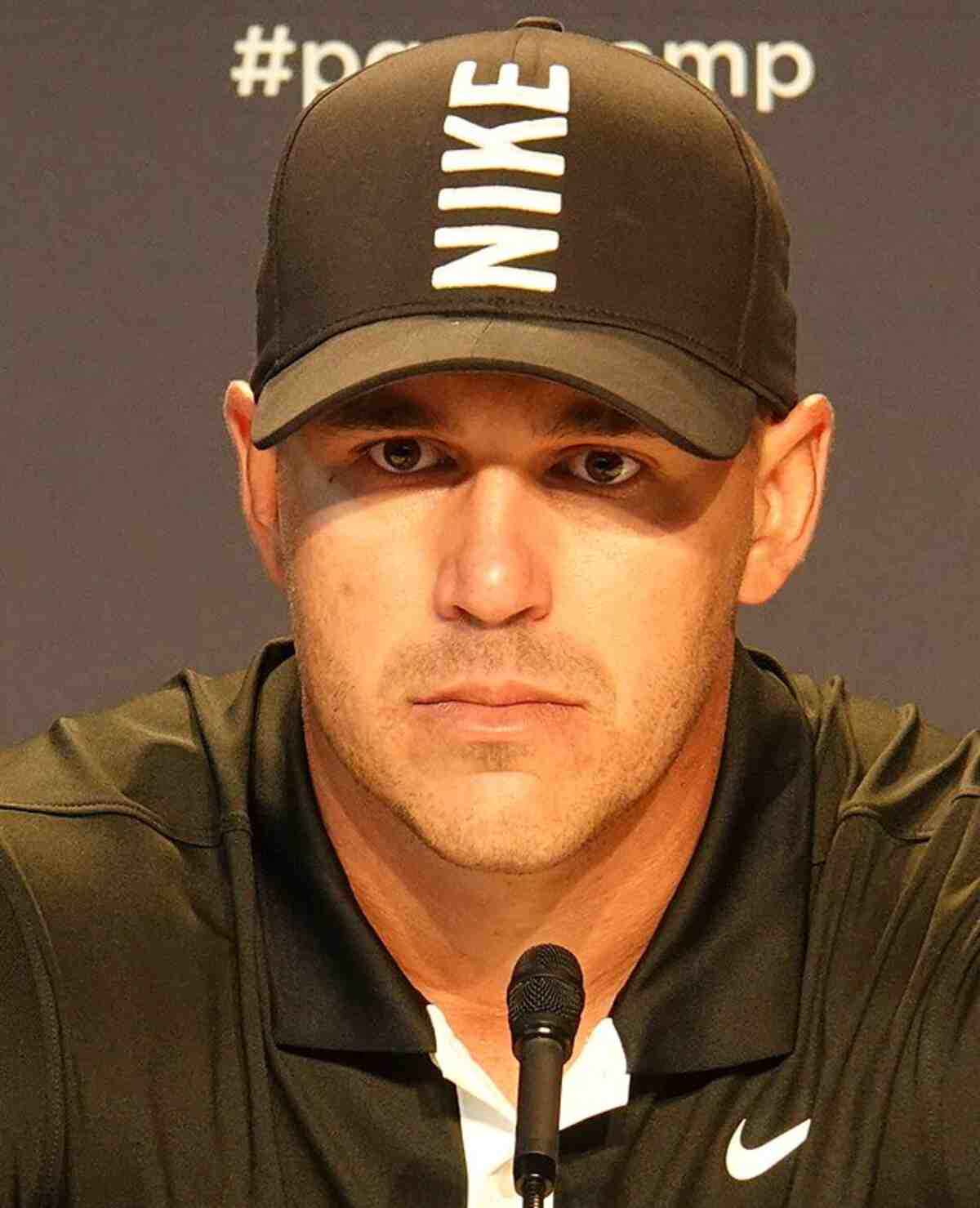In the fast-paced world of social media, rumors spread like wildfire. And when those rumors involve someone as globally beloved as Lionel Messi, the frenzy reaches a whole new level. Recently, a startling claim rocked the internet: Did Messi die in a high-speed car crash?”The news has caused a sensation not only within the football community but also beyond it.”
Sorting Truth from Hoax Did Messi die
The viral claim suggested that the legendary footballer met a tragic end, leaving fans in disbelief and mourning. But before jumping to conclusions, it’s essential to separate fact from fiction. While the internet may be flooded with sensational headlines, the truth often lies beneath the surface.
The Hoax Did Messi die
Reports of Lionel Messi’s demise surfaced via a Facebook page titled ‘R.I.P. Lionel Messi,’ garnering an alarming number of likes within a short span. The page seemed authentic, complete with a detailed ‘About’ section recounting the purported events leading to Messi’s death. However, upon closer inspection, it became evident that this was nothing more than a cruel hoax.
The Power of Social Media
In today’s digital age, misinformation spreads rapidly, fueled by the interconnectedness of social media platforms. With just a few clicks, a fabricated story can reach millions, causing unnecessary panic and grief. The rumor of Lionel Messi’s death is a cautionary tale against the dangers of online misinformation.
The Reality Check Did Messi die
Despite the sensational headlines and widespread panic, Lionel Messi is very much alive. The 36-year-old football icon continues to grace the pitch with his unparalleled talent, much to the relief of his legions of fans worldwide. While the internet may thrive on speculation and sensationalism, it’s crucial to verify sources and seek out credible information.
Lessons Learned Did Messi die
The recent controversy surrounding Lionel Messi’s alleged decline highlights the importance of media literacy and critical thinking in the digital age. As consumers of information, we must approach sensational headlines with a healthy dose of skepticism, questioning the validity of sources and cross-referencing information before accepting it as truth.
The Human Element
Beyond the headlines and viral claims, it’s essential to remember the human aspect of these stories. Behind every rumor lies real emotions – fear, grief, and confusion. In the case of Lionel Messi, the false reports undoubtedly caused distress among fans, highlighting the need for responsible reporting and ethical journalism.
The Impact of Fake News Did Messi die
The proliferation of fake news not only undermines public trust but also has real-world consequences. False information can cause chaos and harm both individuals and communities. It can lead to panic and damage reputations. The Lionel Messi hoax serves as a cautionary tale, prompting us to question the credibility of sources and demand accountability from media outlets.
Moving Forward
“As we continue to navigate the vast and ever-changing digital landscape, it is essential that we remain vigilant and discerning in order to make informed decisions and stay safe.”While social media offers unprecedented connectivity and access to information, it also poses significant challenges in distinguishing fact from fiction. By promoting media literacy and specific thinking skills, we can empower ourselves and others to combat the spread of misinformation effectively.
Dispelling the Rumors Did Messi die
Despite the sensational headlines and the alarming spread of misinformation, it’s crucial to set the record straight. Lionel Messi is alive and well, continuing to inspire fans with his extraordinary talent and dedication to the sport. While the internet may be a breeding ground for rumors and speculation, we must rely on credible sources and factual evidence to discern the truth from fiction.
The Role of Responsible Reporting
In the age of social media, where information travels at the speed of light, the responsibility of journalists and media outlets becomes even more significant. Reporting false information not only damages reputations but can also incite panic and distress. Upholding ethical standards and verifying information before dissemination is paramount to maintaining the integrity of journalism.
The Impact on Fans Did Messi die
For fans of Lionel Messi, the false reports of his death undoubtedly elicited a range of emotions – from shock and disbelief to relief upon learning the truth. The emotional rollercoaster serves as a reminder of the deep connection fans feel with their idols and the profound impact rumors can have on their lives. As supporters, it’s essential to remain vigilant and discerning, seeking out reliable sources of information amidst the noise of social media.
Learning from Experience
The incident surrounding Lionel Messi’s alleged death serves as a valuable lesson in media literacy and critical thinking. By questioning the validity of sources and scrutinizing information before accepting it as truth, we can arm ourselves against the tide of misinformation. Educating ourselves and others about the dangers of fake news empowers us to navigate the digital landscape with confidence and clarity.
A Call to Action
As we reflect on the events that unfolded, let us remember the importance of accountability and integrity in media reporting. By holding ourselves and others to high ethical standards, we can combat the spread of misinformation and uphold the principles of truth and transparency. Together, we can ensure that the legacy of Lionel Messi – both on and off the field – remains untainted by falsehoods.
Conclusion
In a viral claim, Lionel Messi’s untimely demise serves as a reminder of social media’s power and pitfalls. While the internet may be rife with rumors and sensationalism, it’s imperative to verify sources and approach information with a critical eye. As we continue to navigate the digital age, let us prioritize truth, integrity, and responsible journalism, ensuring that the legacy of Lionel Messi – both on and off the field – remains untarnished by falsehoods. So, did Lionel Messi die? The answer is a resounding no. And as fans breathe a collective sigh of relief, let us use this moment to reaffirm our commitment to seeking truth in a world fraught with misinformation.
Frequently Asked Questions (FAQs)
Did Lionel Messi really die?
No, Lionel Messi is alive and well. The rumors of his death were debunked as a hoax.
What sparked the rumors of Lionel Messi’s death?
The rumors began circulating on social media, mainly through a Facebook page titled ‘R.I.P. Lionel Messi,’ which garnered significant attention.
How did the false reports of Lionel Messi’s death spread so quickly?
Social media platforms have a vast reach, allowing misinformation to spread rapidly. The sensational nature of the rumor also contributed to its quick dissemination.
Was there any truth to the claims about Lionel Messi’s death?
No, the claims were entirely false. Lionel Messi continues to be actively involved in professional football and is alive and well.
What should I do if I come across similar rumors in the future?
It’s essential to verify information from credible sources before believing or sharing it. Be skeptical of sensational headlines and always seek confirmation from reliable news outlets.
How can I help combat the spread of misinformation?
You can contribute to combating misinformation by promoting media literacy, fact-checking information before sharing it, and encouraging others to do the same. Additionally, report false information on social media platforms to prevent its further dissemination.











